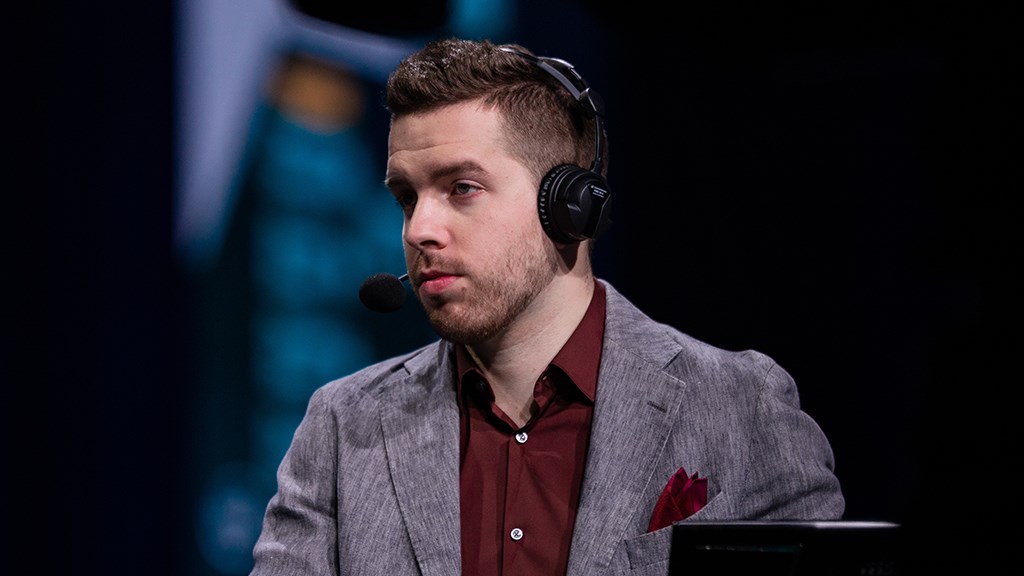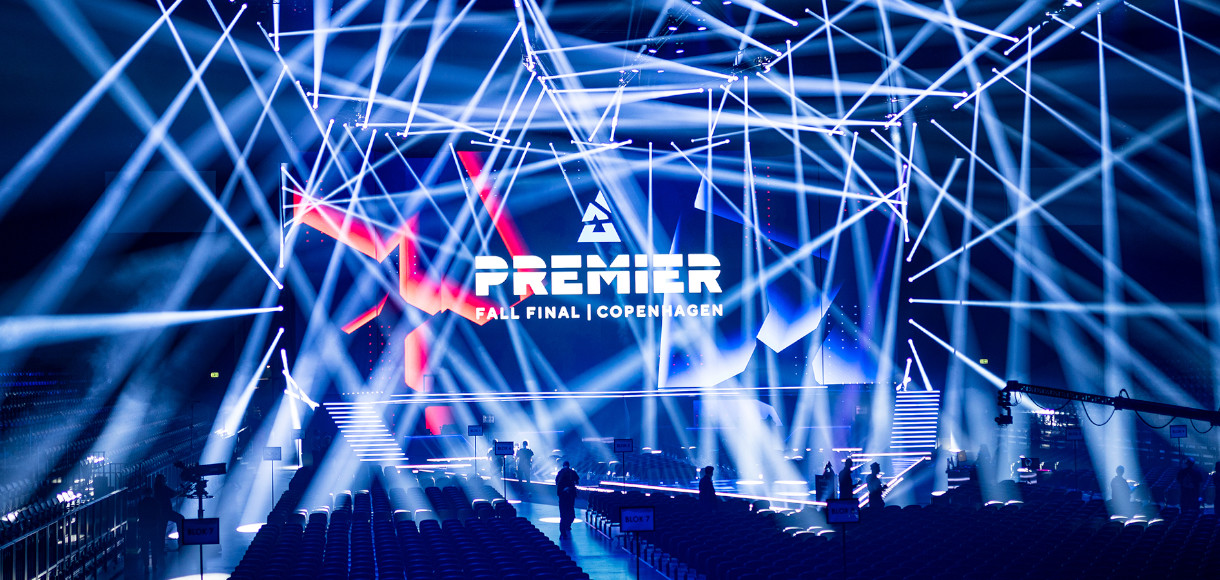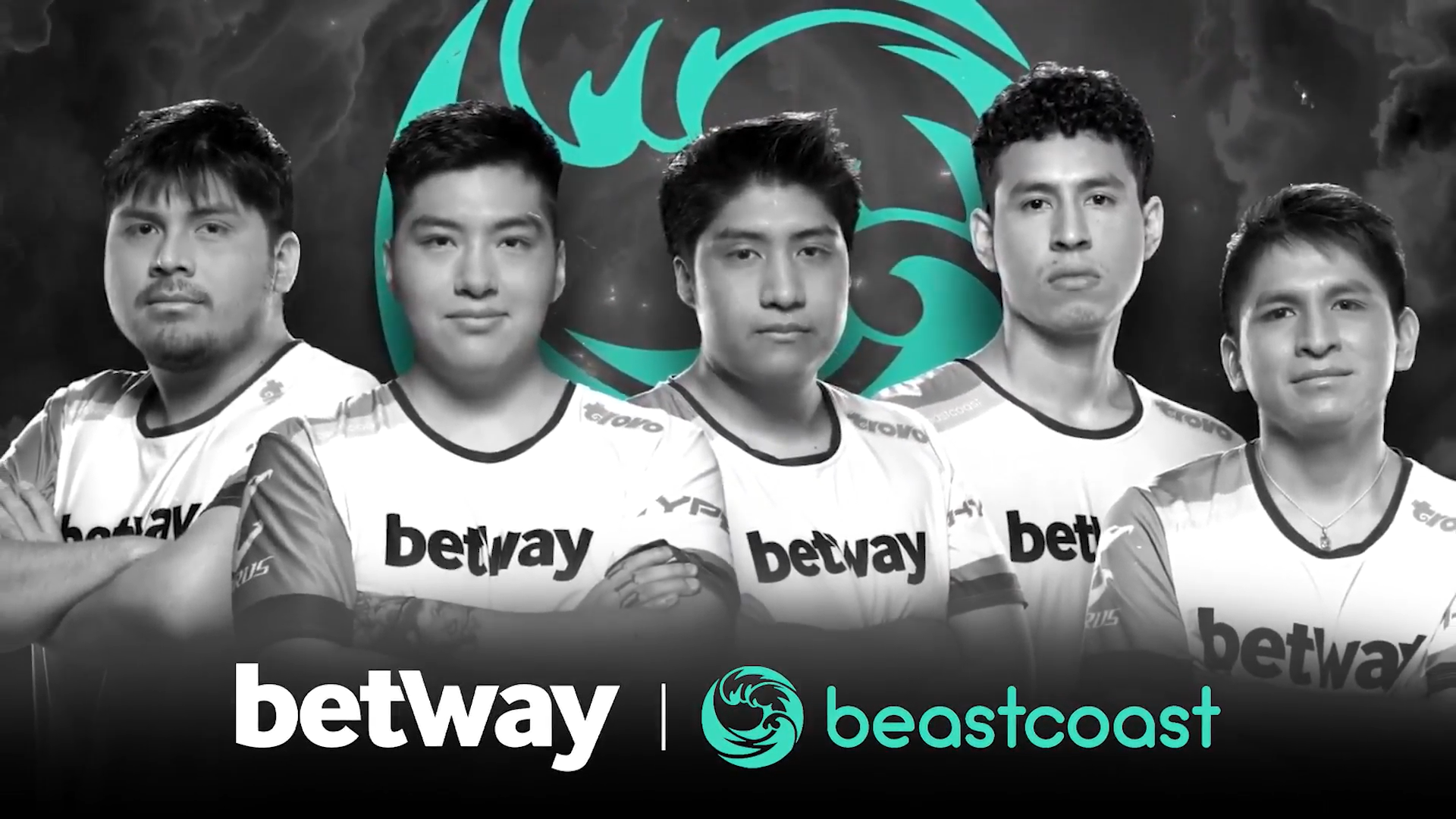YNK: MIBR approached me in early June, and I rejected them at first

We caught up with YNK to discuss becoming a coach, what he'll miss about being an analyst and more
Rob4: Why did you originally quit playing CS:GO?
YNK: I quit playing because I didn't believe there were four other good enough, or hard-working enough players from our region I could make a team with.
I came really close to making one, but that was when NiKo got the offer from mousesports to join them, and both kassad and myself told him to take that offer, rather than staying with us and trying to make another Serbian/Balkan team.
We made iNation in CS:GO with the goal of becoming the best we could be and play against the world’s best. When I saw some of my teammates were content with just being the best in the region I felt it was best I quit.
For me, that wasn't the goal and we were spending a lot of time on the game. I decided to focus on my studies and get my degree instead.
Rob4: How did you find the transition from player to an observer, and then to analyst?
YNK: The transition wasn't too hard. It took a little bit of adjusting in terms of following the casters and trying to help them build up a moment or simply showing what they're referencing at the moment.
Observing felt fairly easy to me (minus the ridiculously long hours), since if you know the game you can anticipate what's going to happen and always be ahead of the action.
It was really fun just getting to go to these tournaments, but I thought at the time there was room for an ex-player to be an analyst, or rather room for someone who could talk about the game a bit more in-depth compared to some of the other talent at the time.
So probably after the first two or three tournaments I decided I'm going to try and get a chance at the desk eventually.
The real challenge was convincing a TO to give a guy from the Balkans, relatively unknown, thick accent, imperfect English that exact chance. I was pushing for it with ESL, but they wouldn't really take a chance on me, even if some of the other talent at the time (Anders and Semmler) as well as Petar from HLTV were recommending me.
I eventually got my chance from DreamHack, did the Cluj Major qualifiers and a few more events towards the end of 2015. FACEIT also hired me for the finals and a bit of online stuff before that, and then it all took off in 2016 really.
Rob4: What will you miss most about being an analyst?
YNK: It will definitely be the other people who make the talent pool of CS:GO. I've spent more time with these human beings than with my own friends and family in the past three years and they played a huge part in my success as well as keeping my sanity through some really exhausting times.
I made some friends for life during my tenure as an analyst and even if I won't be in the green room with them anymore, I still plan to catch up at events and have a beer together!
Rob4: When did MIBR approach you with this opportunity?
YNK: They approached me in early June, and I rejected them at first. I didn't feel like it was the right moment for me to pursue coaching yet and I was also reluctant to move to NA at the time.
Things were also a bit complicated with their team. It was unsure how their roster would look like even a month or two from then (they ended up changing boltz for tarik). I had a few offers before, but I felt like as long as I still have some goals for myself as an analyst, there wouldn't really be much point in making that switch.
What changed was, after the offer, I started thinking about how do I actually feel about where I am in my career and I've realised I don't really have any more specific goals I wanted to achieve.
I've figured this is as good of a time as any to go for it, since I've also missed competing for a while. Obviously, MIBR has an amazing line-up, a great organisation behind them, but the reason I accepted was because I know the players, I know they respect my work and that I will have the necessary authority in order for us to be able to work together.
When you have a guy like FalleN, for example, there's not much, if anything, I can really teach him about CS. It's more about providing a different perspective and giving them some fresh ideas on how to play the game. I'm really looking forward to working with the whole squad.
Rob4: What is your style of coaching?
YNK: I don't know, I've never done it before! What I want to do is reintroduce some discipline to the team, in and out of the server. Remind the team of what made the Luminosity/SK teams great in 2016 and 2017, which was hard work and dedication, being more focused in practice than anyone else and having that healthy dose of arrogance.
Rob4: For MIBR to regain a top team status what do they need to improve?
YNK: I think we have a great opportunity now with a fresh start of sorts with the team. I really think we need to take advantage of that and lay the foundations for their return into contender status.
They've made their roster change and now it's just about working hard and getting the team into shape. I think there is more than enough talent to make this team work: players are versatile, they have great mechanics and game sense, they can adapt, and most importantly, these are all established players, former and reigning Major champions meaning they know how to play on stage, in high-pressure situations.
We'll work together to figure out what suits us best. I've got some ideas, but it's not my intention to force things on the players. Some concepts? Sure, but in general it has to be a system in which they feel comfortable playing. Otherwise, it's not going to work.
For all your CSGO betting needs visit Betway!


































